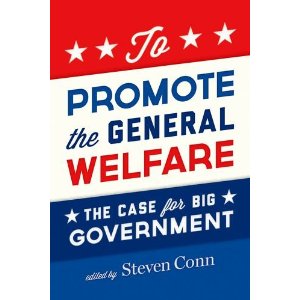From Endeavor to Achievement and Back Again: Government's Greatest Hits in Peril
"These 10 articles from leading scholars address federal government activism in such areas as health, education, transportation, and the arts. In some areas, federal involvement has been direct; for example, while school public systems are governed locally, Washington provides about 10% of k–12 funding. Similarly, antipoverty programs, such as the New Deal’s Social Security Act and Aid for Dependent Children, have played a major role in reducing the poverty rate from around 40% in 1900 to 11.2% in 1974. At other times, Washington has exerted influence more subtly, through regulations and research. Examples include the 1933 Glass-Steagall Act, which mandated the separation of investment and commercial banking and the WWII-era research that yielded compounds to prevent and cure malaria, syphilis, and tuberculosis. Further, as public policy scholar Paul C. Light points out in a fascinating concluding piece, more than two-thirds of leading governmental initiatives have been supported by both Democratic and Republican administrations. However, Light adds, the massive tax cut in 2001 “continue[s] to constrain federal investment in problem solving.” The scholars brought together by Ohio State historian Conn (History’s Shadow) persuasively demonstrate how the growth of “big government” throughout the 20th century has benefited ordinary Americans so comprehensively and unobtrusively that they have often taken it for granted."
Publishers Weekly
